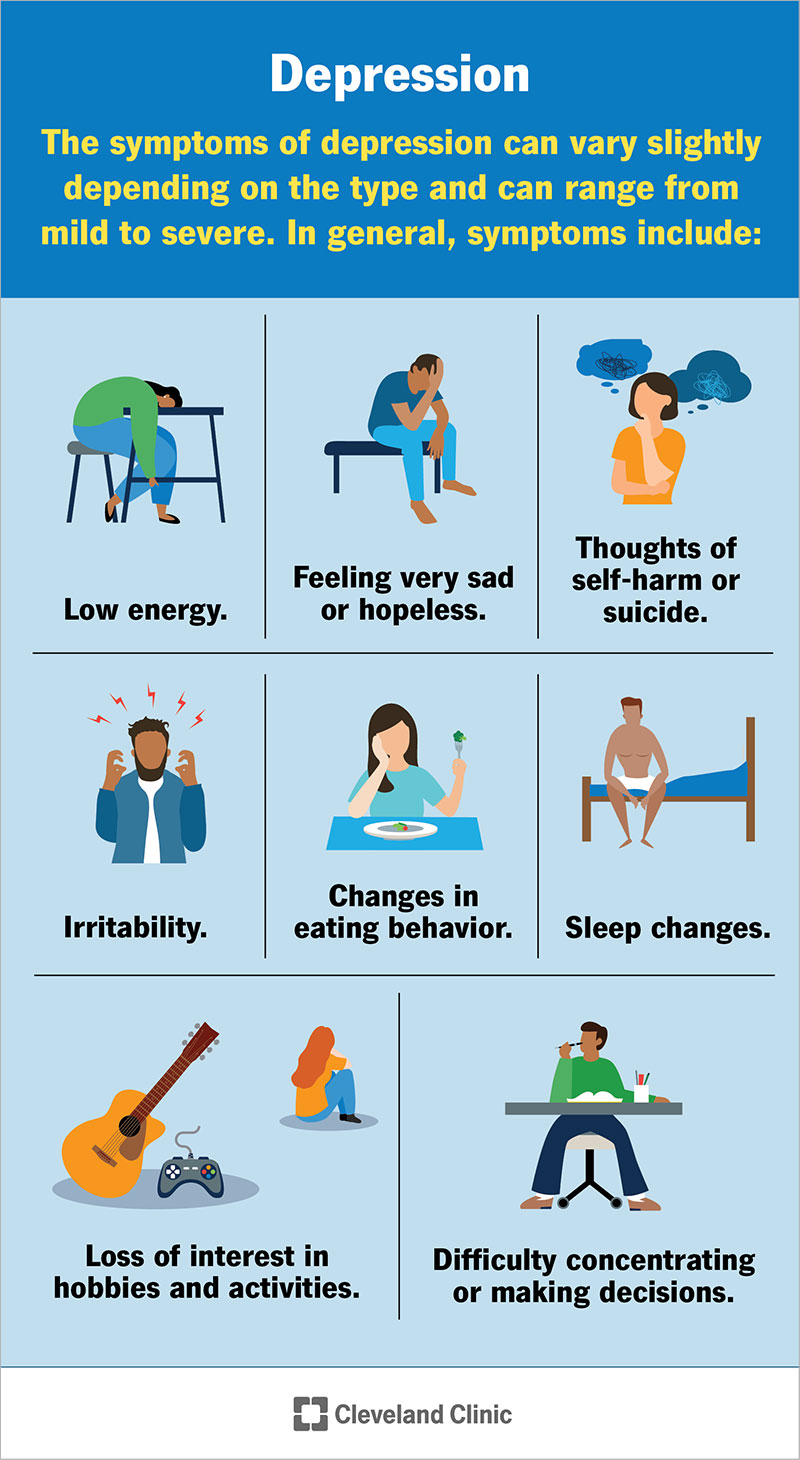Depression Symptoms
Depression Symptoms: A Complete Guide to Recognizing the Signs
Depression is more than just feeling sad—it’s a serious mental health condition that affects mood, thoughts, and physical health. Recognizing the symptoms early can lead to better support and treatment. Below, we break down the emotional, cognitive, physical, and behavioral signs of depression.
1. Emotional Symptoms of Depression
Persistent sadness or emptiness – Feeling down most of the day, nearly every day.
Hopelessness – A sense that things will never improve.
Guilt or worthlessness – Excessive self-blame or feeling like a burden.
Irritability or anger – Unusual frustration over small things.
Loss of interest in hobbies – No longer enjoying activities you once loved.
Emotional numbness – Feeling detached or unable to experience joy.
2. Cognitive (Mental) Symptoms
Difficulty concentrating – Trouble focusing, making decisions, or remembering things.
Negative thoughts – Constant self-criticism or pessimism.
Rumination – Overthinking past mistakes or worries.
Suicidal thoughts – Thinking about death or self-harm (seek help immediately if this occurs).
3. Physical Symptoms
Fatigue & low energy – Feeling exhausted even after rest.
Sleep disturbances – Insomnia (can’t sleep) or hypersomnia (sleeping too much).
Appetite changes – Significant weight loss or gain due to over/under-eating.
Unexplained aches & pains – Headaches, stomach issues, or muscle pain with no clear cause.
Slowed movement or speech – Noticeable lethargy (psychomotor retardation).
4. Behavioral Symptoms
Social withdrawal – Avoiding friends, family, or social events.
Neglecting responsibilities – Poor performance at work/school, ignoring personal hygiene.
Substance abuse – Increased alcohol or drug use to cope.
Self-harm or risky behavior – Engaging in dangerous activities.
5. Depression in Specific Groups
🔹 Men
More likely to show anger, aggression, or reckless behavior.
May mask sadness with overworking or substance use.
🔹 Women
Higher rates of depression due to hormonal changes (PMS, postpartum, menopause).
Often experience guilt, overeating, and excessive sleep.
🔹 Teens & Children
Irritability, school refusal, or clinginess (not just sadness).
Physical complaints (stomachaches, headaches).
🔹 Elderly
Memory problems mimicking dementia ("pseudodementia").
Focus on physical pains rather than mood.
6. When to Seek Help
If you or someone you know has 5+ of these symptoms for over 2 weeks, consult a doctor or mental health professional. Depression is treatable with:
Therapy (CBT, talk therapy)
Medication (if needed)
Lifestyle changes (exercise, diet, sleep)
🆘 Emergency Help Needed If:
Suicidal thoughts or plans.
Complete inability to function.
7. Self-Help & Next Steps
Talk to someone – Friends, family, or a therapist.
Prioritize sleep & nutrition – Deficiencies worsen mood.
Move your body – Even short walks help.
Limit isolation – Social support is crucial.
For more mental health and wellness tips, visit The Fitness Byte.

Comments
Post a Comment